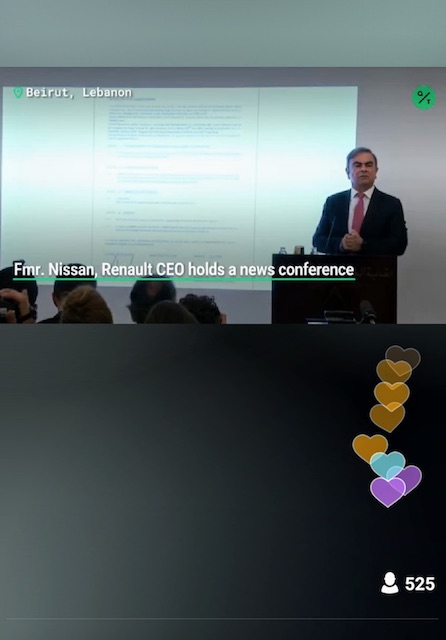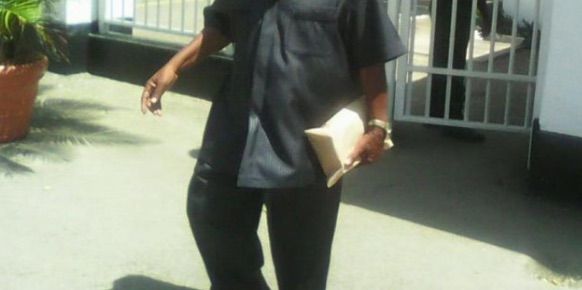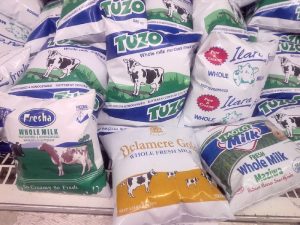Former Nissan and Renault CEO, Carlos Ghosn staged an escape from home-arrest in Japan and flew to Lebanon on December 31, where he re-emerged this week and gave a press conference to justify his decision to flee.
In the session, broadcast live from Lebanon, he spoke of the decline in Nissan’s performance that started after he left as CEO to focus on bringing Mitsubishi into the Alliance. He had been CEO for 17 years and left Nissan in 2016 with $20 billion cash, profitable, growing, respected, having taken it from nowhere in 1999 to a top (no 60) brand in the world. But performance dived after he left, in 2017 and 2018.
He traced his troubles to a shareholder vote in France to give Nissan which owned 15% of Renault voting powers there, similar to what Renault had at Nissan in Japan with its 15%. But the vote did not attain the threshold required and the Japan government was upset and blamed him for that – and saw removing him as the only way that Nissan would get autonomy.
He was surprised (like Pearl Harbor) when he was arrested at an airport terminal in Japan in November 2018 and told he was being charged with understating his compensation – an amount which was not fixed, approved or paid. He wanted to call Nissan to get a lawyer and (at the time) he did not know it was stage-managed. They were trumped-up charges which, while Nissan pled guilty to in Japan and paid a fine to its government, in Tennessee (USA) they had denied the same charges.
The job of the CEO is to create value, and that of the board is to protect shareholders – but, he said, today there is no alliance – I worry as a shareholder we lost 35% of value while the entire auto industry is up 12%. Today the Nissan-Renault alliance, which was the number one auto group in the world in 2017, does not work – They wanted to turn the Ghosn page and they have – growth has disappeared, profits are down, there is no strategic direction and innovation.
What they have today is a masquerade of an alliance that is going nowhere – and they missed out on bringing Fiat Chrysler into the Alliance which he had been negotiating – and who instead chose to join the PSA (the Peugeot, Citroën) group.
The presumption of guilt prevailed and he was pressured to confess in a country where the conviction rate is 99%. He spent 130 days in isolation, underwent endless interrogations, spoke to his wife twice in nine months (in the presence of a lawyer) – and when I left Japan, I did not have a court date for the first charge – and my lawyers said it would be five years before I got a judgment – which he led him to conclude that he would die in Japan if he did not get out.
Another theme of his defence was that he was not greedy. He had served the company for a long time and in 2009, amid the US auto crisis, he was asked to become the CEO of General Motors and engineer a similar turnaround there. He now says, he made a mistake and should have accepted that offer.
He was determined to fight back against a smear campaign that was part of a €200 million investigation. I was a hostage in a country I had served for 17 years, I revived a company – I was a case study and role model in Japan with 20 books written about me, then instantly I became a cold greedy dictator.



